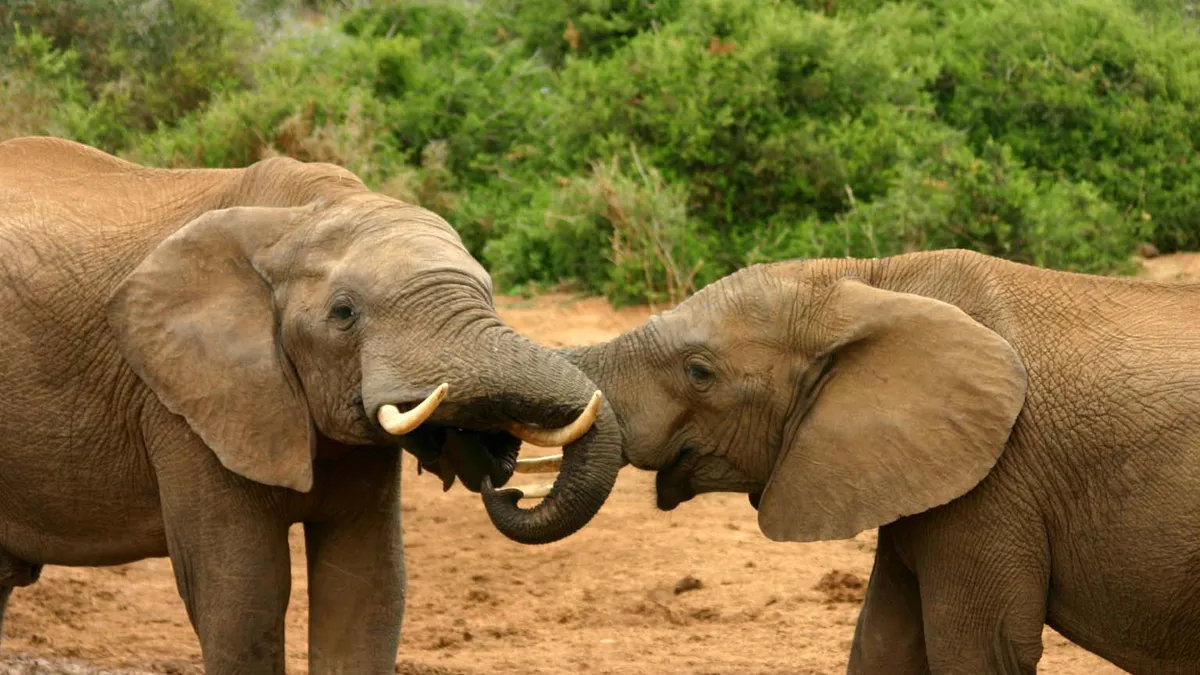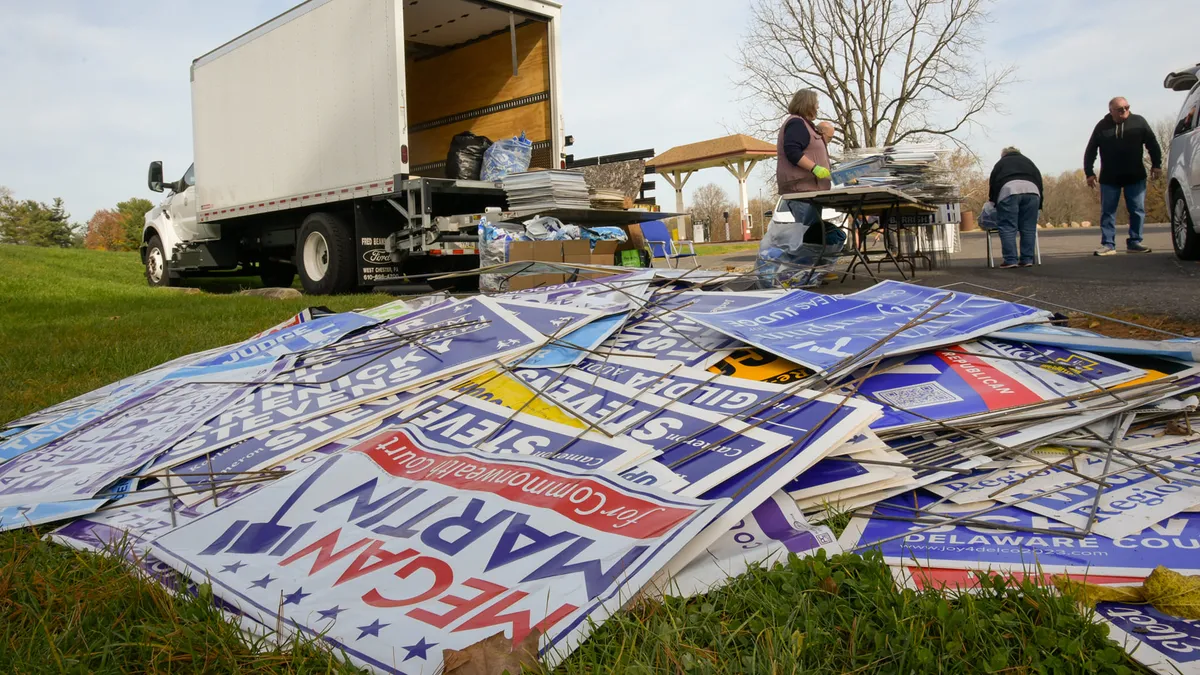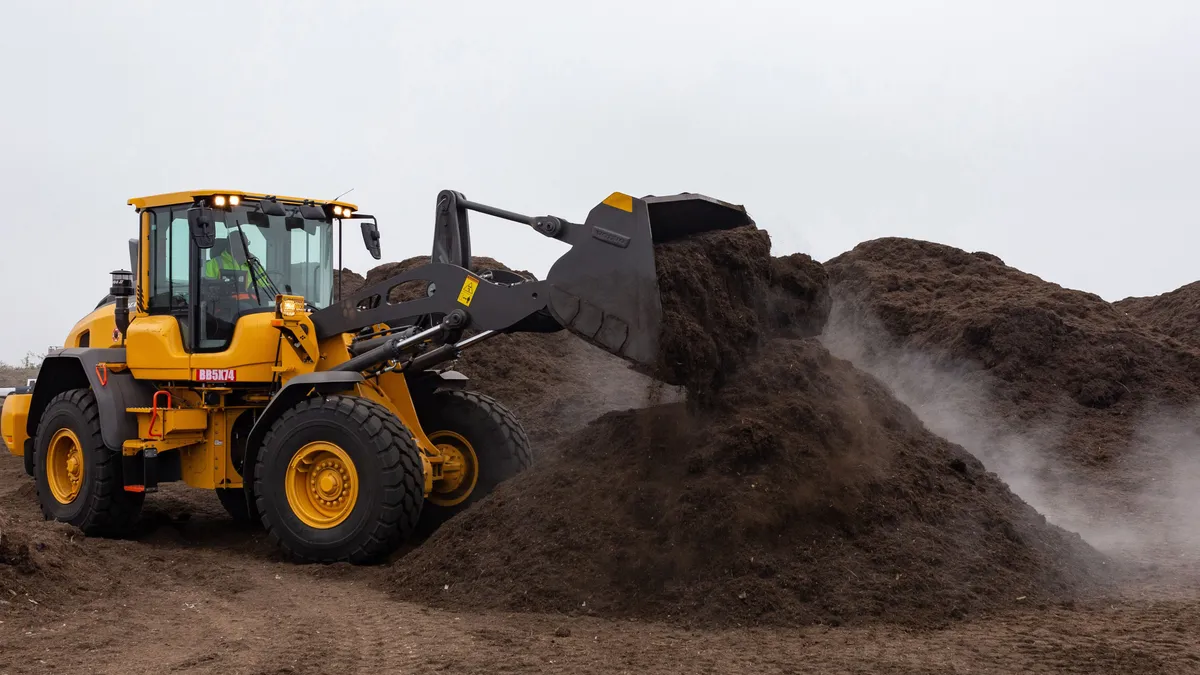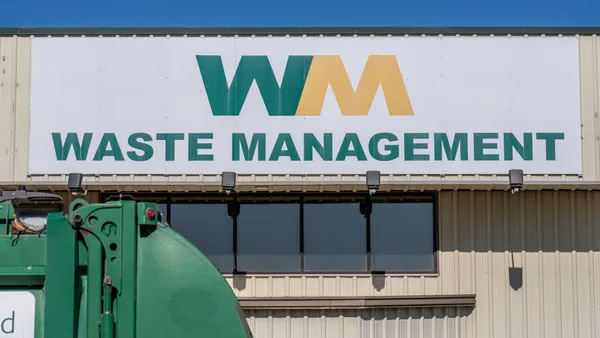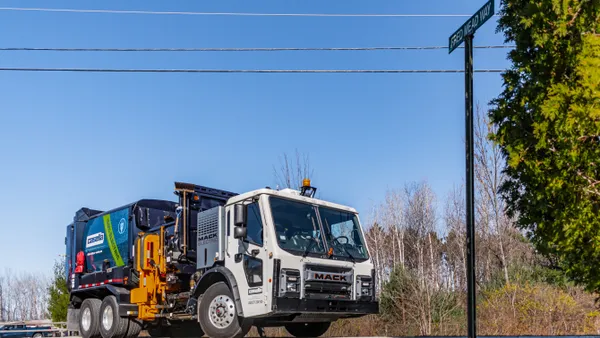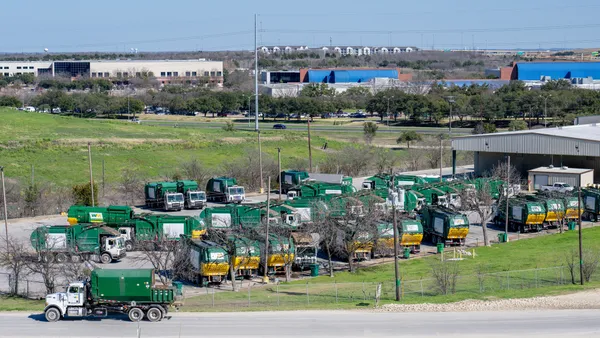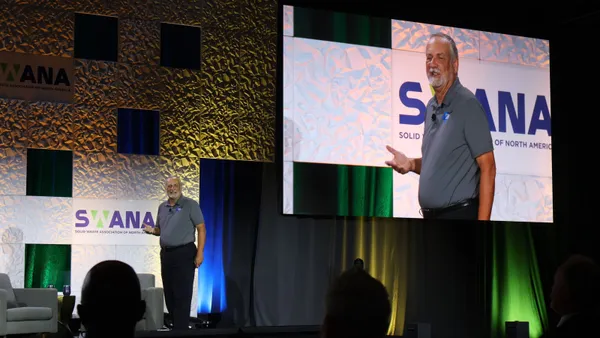Dive Brief:
-
The Denver Zoo has halted plans to create an on-site waste-to-energy program to convert elephant dung and other wastes, saying it needs to focus on efforts to improve animal habitats.
-
"It costs over $90,000 a day to operate the zoo," president and CEO Shannon Bock told CBS. "I have over 4,300 mouths and beaks to feed. My job right now is to ensure we're meeting the needs of our core operations as we embark on a new master plan."
- The zoo hopes to find a partner to create the waste-to-energy program off-site.The plan, which has been public since 2009, recently ran into opposition when a neighborhood organization demanded another public hearing and a City Council review of safety and health risks. The organization cited potential air quality problems in City Park and surrounding neighborhoods.
Dive Insight:
The zoo had planned to install a $3.3 million biomass gasification plant that would turn animal waste into a power source. The process would shred and dry the material into pellets that would be heated at temperatures up to 1,470 degrees in an oxygen-starved environment, creating a gas that would power generators. The zoo estimated the plant would eliminate 1.5 million pounds of waste it trucks every year to the landfill and cut the amount of electricity it pulls from the grid by 20%.
The Denver Post defended the plan in an editorial: "The zoo is trying to reduce its waste footprint through an innovative way to capture energy. It is a smart plan, one that has gone through extensive review and approval."
Companies are finding ways to turn waste to energy, leaving a greener footprint. And the Denver Zoo isn't the only place that's thinking creatively about animal waste disposal. Or even the only zoo, as the Detroit Zoo in Royal Oak, MI, announced plans earlier this year.


